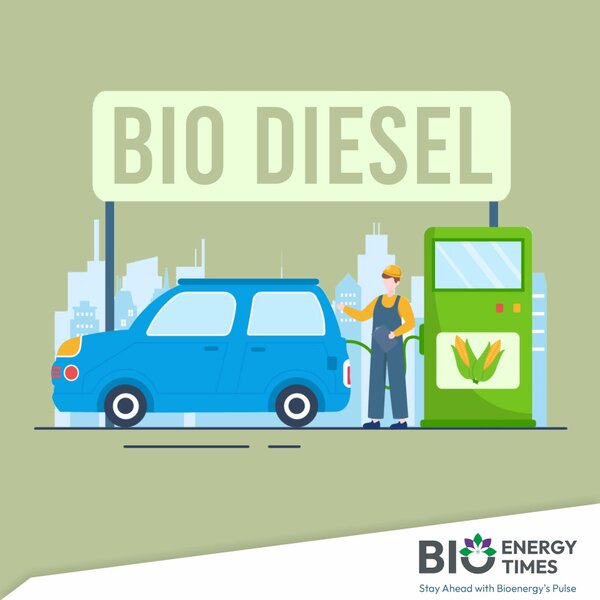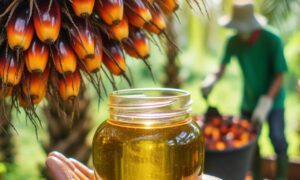Indian Oil advocates integrating biodiesel processing within existing refineries to meet 5% biodiesel blending target

At the Infineum Conference 2024 in Jaipur, IOC’s R&D Director, Alok Sharma, advocated for integrating biodiesel processing in refineries to streamline production and meet biofuel mandates efficiently. Co-processing biodiesel with diesel could yield a “superior diesel” while optimizing existing infrastructure. Industry leaders, including Tata Motors and Infineum, explored collaborative sustainability pathways in India’s energy and automotive sectors, amid the National Biofuels Policy’s push to leverage raw materials like used cooking oil and reduce reliance on petroleum imports
Indian Oil, India’s largest state-owned oil and gas corporation, is urging the government to allow biodiesel to be processed alongside traditional crude oil at its refineries, a shift it argues could facilitate the country’s ambitions for a 5% biodiesel blend by 2030.
Alok Sharma, the company’s Director of Research and Development, underscored this proposal at the recent Infineum Conference 2024 in Jaipur, suggesting that integrating biodiesel processing within existing facilities could streamline operations and improve efficiency. “But once you are on the higher side, you have to put on dedicated units,” he noted.
“We’re trying to propose to the government that we can co-process these oils in one of the refinery units, and we can meet the mandate of biodiesel,” Sharma remarked, addressing an audience at the panel discussion. “Instead of producing the biodiesel separately, we can co-process with diesel and these oils, and we get a superior diesel. So that’s an option on which we are already working at R&D, and we have established it also,” Sharma added.
The event, moderated by Autocar India Editor Hormazd Sorabjee, included industry heavyweights like RM Petkar, President and Chief Technology Officer of Tata Motors, and Chris Locke, Executive Vice President of Commercial at Infineum, each highlighting collaborative avenues for achieving sustainability targets within India’s automotive and energy sectors.
The development should be seen in the context of headwinds in supply of oil and other raw materials, manufacturing, and efficiency issues, which have slowed down its adoption despite push from the central government since past over a decade. In India, biodiesel is produced primarily from non-edible vegetable oil, acid oils, animal tallow, and palm stearin oil.
Domestically available used cooking oil (UCO) has been identified as a potential raw material for biodiesel production in the National Policy on Biofuels, 2018. The waste cooking oil can be collected in bulk from consumers such as restaurants, hotels, etc., for conversion into biodiesel, as per a policy brief preapred by The Energy and Resources Institute (TERI), a think tank.
India has already established a 5% biodiesel target by 2030, which would require almost 4.5 billion litres of biodiesel per year, IEA estimates. Mobilising production will require a similar mix of policies as provided for ethanol, including production support, guaranteed pricing, and feedstock support, especially for mobilising residue oils like used cooking oil and vegetable oils grown on marginal land.
The wider adoption of biodiesel can reduce dependence on petroleum imports, help in reducing GHG emissions, boost the domestic economy, and maintain the payload capacity and range of petroleum-derived diesel, among others.
Source Link : https://www.autocarpro.in/news/prama-showcases-transportation-security-solutions-at-trafficinfratech-expo-2024-123242

















